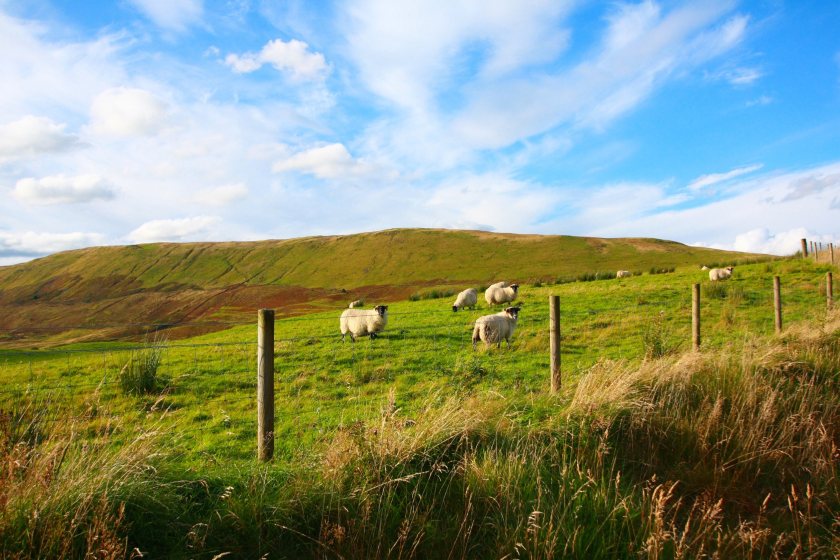
Traditional farming practices could be 'threatened' as large landowners seek to reclaim land in favour of economically beneficial environmental practices.
The National Sheep Association (NSA) has warned that farmers were being 'squeezed out' of short term lets and Farm Business Tenancies (FBT).
Making the claim a recent meeting of sheep farmers in the NSA Northern Region, the body said many landowners were taking back land and putting it into rewilding and other similar projects.
In some cases, sheep producers at the meeting claimed that this trend appeared to be linked to tax benefits of being active in farming and land management.
NSA chief executive Phil Stocker, who was in attendance at the meeting, said he was hearing of a number of cases involving the loss of significant areas of land on five year FBTs.
This left farmers with unviable holdings either owned or on a full agricultural tenancy, Mr Stocker warned.
"It is clear this is a common problem in parts of the north of England," he explained, "Where a high percentage of farm land is tenanted and owned by large private estates, corporate organisations such as water companies, and NGOs.”
The practice of estates reclaiming land on short term lets is often driven by landowners and agents seeking to reduce tax liability.
Many also seek to increase income through government and private schemes including carbon offsetting, biodiversity net gain, and tree planting.
But significant changes are also being driven by Natural England related to stocking reductions and Countryside and Higher Level Stewardship renewals.
In some areas, the NSA said it was seeing a 'breakdown' in traditional sheep farming and grazing practices, with holdings becoming unviable, and tenants often not having the opportunity to benefit from the schemes that land is being entered into.
Mr Stocker explained; "This is not new, it’s a trend that has been going on for some time, but there is plenty of evidence to suggest it is increasing rapidly at a time when food production has been recognised as fragile.”
Farmers currently affected by this issue have been encouraged by the NSA to contact them and to provide a more accurate view of what is happening.
